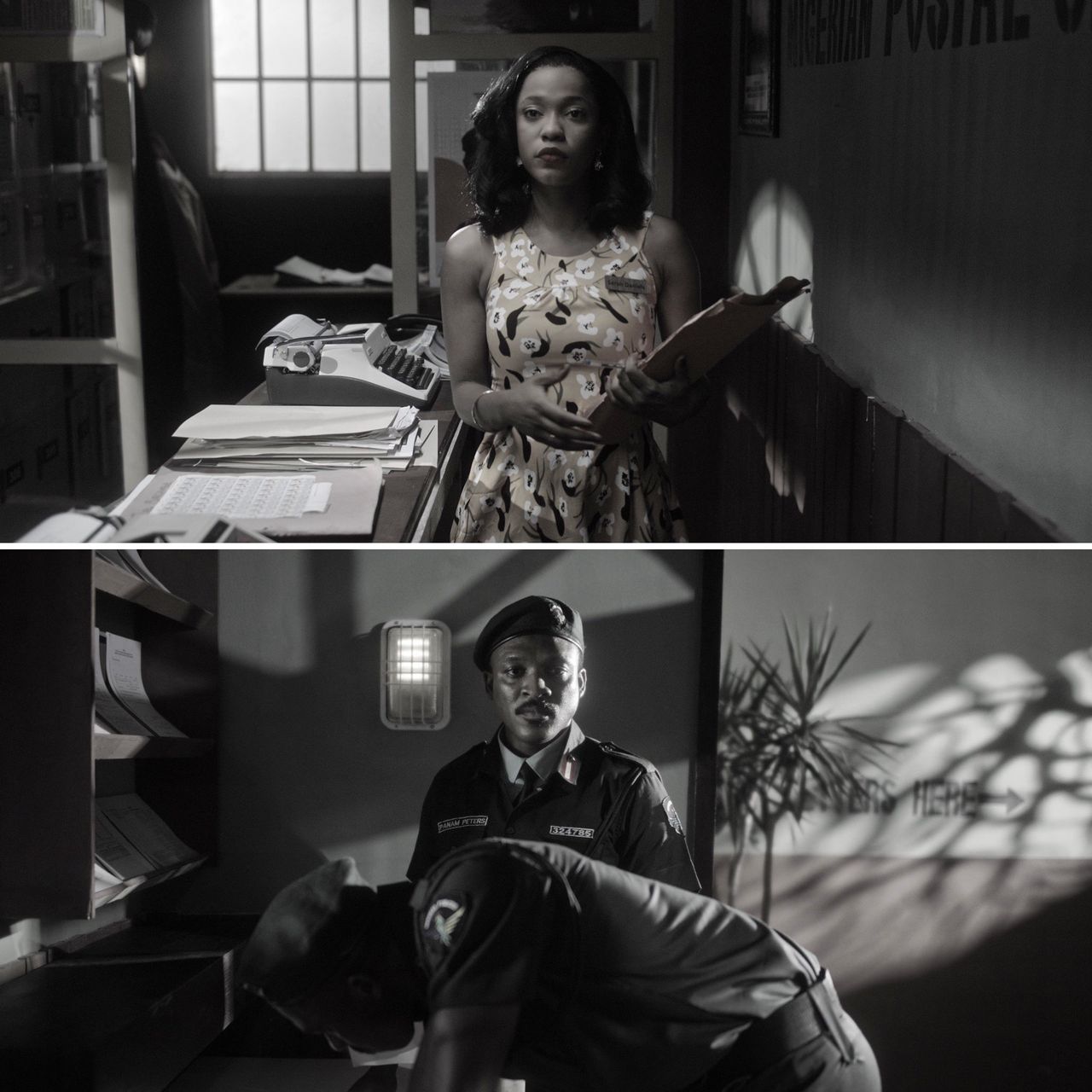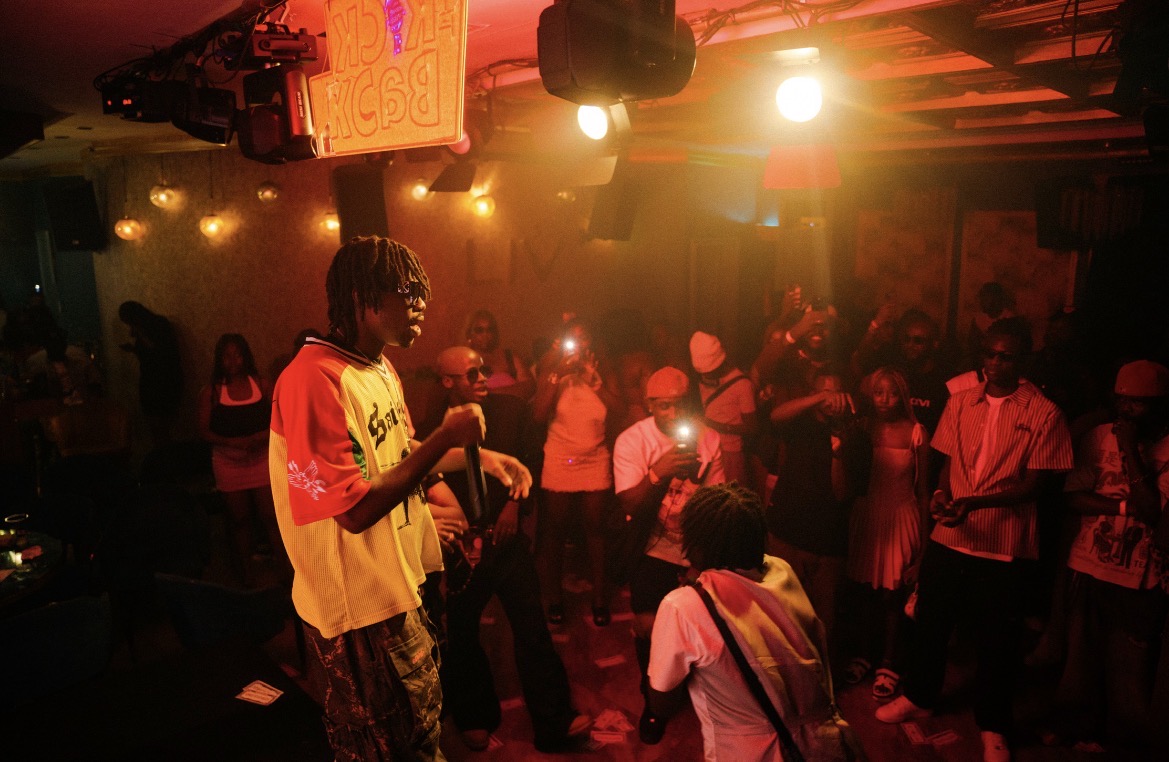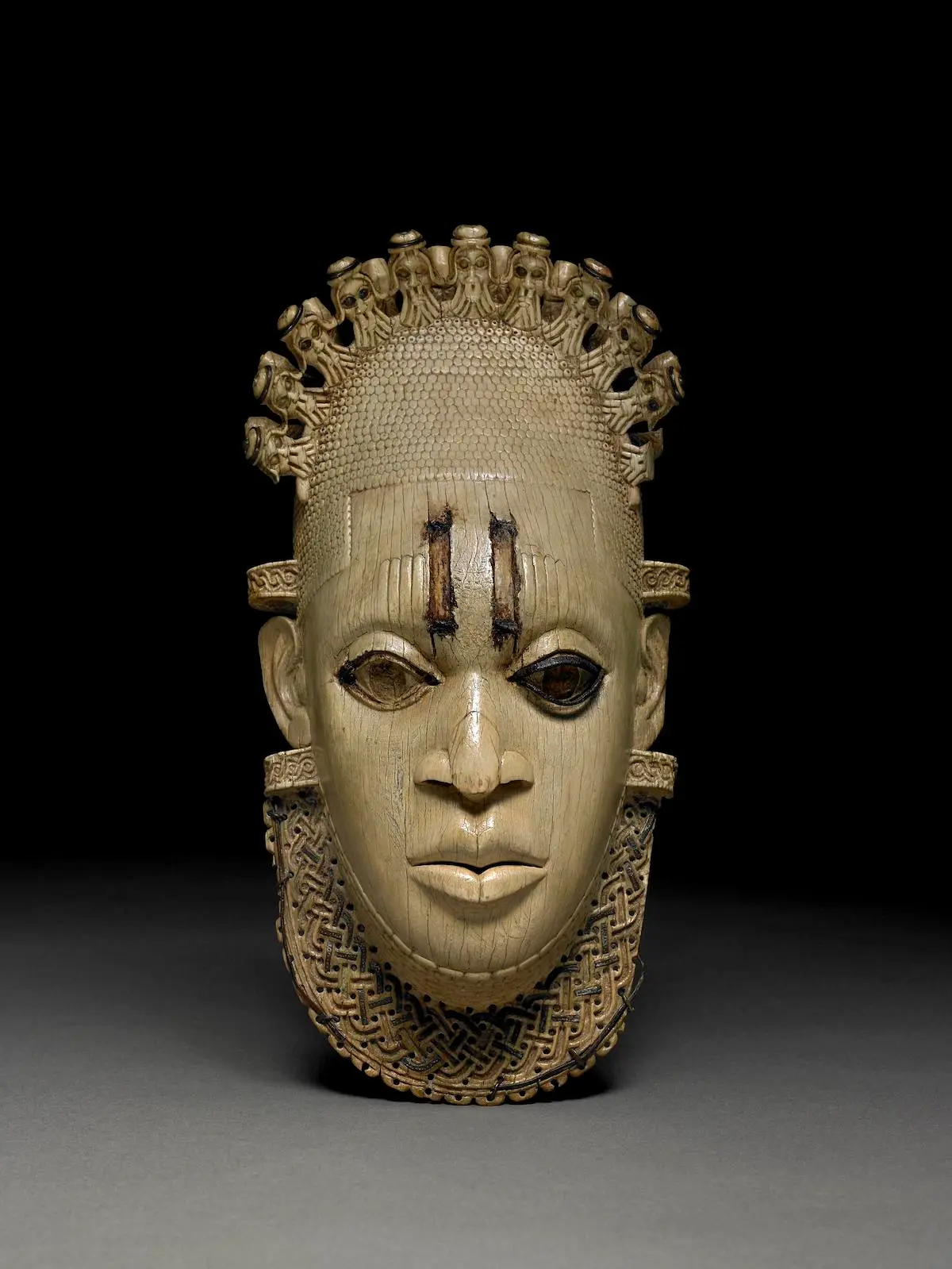by Aanuoluwa Odole
The arts are mankind’s greatest creation. With music, books, paintings or film, the depth of
human creativity is expressed, expounded and eternally forged. Art forms allow stories to be
told, in a way that is so unique to the artist. Above all, it serves as a reminder of the world we
live in, evoking past, present and future emotions. Therefore, when two or more art forms
intersect, magic is created. This is essentially what the soundtrack industry is, a confluence of
two of the world’s greatest arts; music and film.
The movie Titanic is renowned for its multifaceted impact, seamlessly weaving a retelling of a
historical tragedy, a compelling love story, and sociopolitical commentary on class divisions,
holding the all-time box-office gross record for more than a decade after its release. Yet, one
element that remains cemented in our collective memory is the timeless theme soundtrack, “My
Heart Will Go On”.
Performed by Celine Dion and later included in her 1997 album “Let’s Talk About Love”, the track has become not only one of the greatest hits of her career but an unforgettable emblem of the movie itself, capturing its essence by portraying a genuine combination of love and grief. A 2012 Washington Post article by Jessica Goldstein describes it as the “ultimate marriage of theme song and movie”. This is the quintessence of an original soundtrack.
Music is a universal language. It is capable of transcending ethnicities, nationalities and races.
During the silent era of films, it was introduced in films and performed alongside to make up for
the absence of sound and vocal dialogue. Today, this is referred to as a soundtrack, a collection
of recorded music chosen to accompany a film. An original soundtrack is a collection of scores
(music written specifically to accompany a scene, moment or character in film). In 1933, Max
Steiner, the Father of Film Music, wrote the first original complete score for the movie, King
Kong. At this point, music in film had evolved into a tool for transferring emotions to the
audience. The inclusion of music in film is genius. The audience is allowed to immerse itself
entirely in a scene, with authentic dialogue and delivery by the actors.
Original soundtracks are not an anomaly in Nollywood. However, it is easy for the audience to
unintentionally overlook music in film. This is not inherently negative as soundtracks and scores
are perceived to serve as accompaniments to a movie and not take center stage. This is in
contrast to Hollywood, Hallyuwood (Korean cinema) and Bollywood where original soundtracks
play a more than significant role in movie production. In these industries, original soundtracks
receive dedicated promotion, particularly with the inclusion of popular artists taking part in the
creative process for scenes or characters in film and elevating the emotional atmosphere of a
movie. Nevertheless, the original soundtrack industry in Nigeria can only be described as
nothing short of beautiful and exhilarating.
2023 has been a notable year for Nollywood fans, particularly music lovers. Among the movies
that have graced our screens, a selection of movies have satisfied the desire for a mix of
cinematic excellence and musical narrative; Gangs of Lagos, House of Secrets and Jagun Jagun.
In Gangs of Lagos, we are immersed into the dystopia of the present Nigerian political
underworld. House of Secrets spins a tale of love and lost memories while Jagun Jagun portrays
the vicious cycle of power and violence. Complimentary to the depiction of these themes were
original soundtracks crafted by three-time AMVCA nominee and award-winning film composer,
Tolu Obanro.
When creating non-soundtrack or commercial music, creators can use any point of view as they
wish. However, an original soundtrack requires stepping out of yourself and embracing the
movie’s characters, story and plot. According to Tolu Obanro in a podcast interview, the intention
behind an original soundtrack is to allow the audience to be in tune with the emotions a scene
sets. He explains that soundtracks are sensitive; the music has to be scored to elevate specific
feelings.
“My approach to any movie is to emotionally connect to it, connect to the scenes… for me, music
in film is bigger than just music. It is a lot of interpretations.” – Tolu Obanro
At the 43rd minute of House of Secrets, you could close your eyes and just feel the romantic
connection between the characters meeting for the first time. It is love at first sight, and as you
watch them interact, what you hear is the self-titled track; “Sarah and Panam”. There are no
lyrics, no dialogue, just the music, a symphony of repeating chords played on a combination of
piano and string instruments. While the music crescendos, there is an unspoken communication
of attraction as you witness the genesis of their unmapped love story.
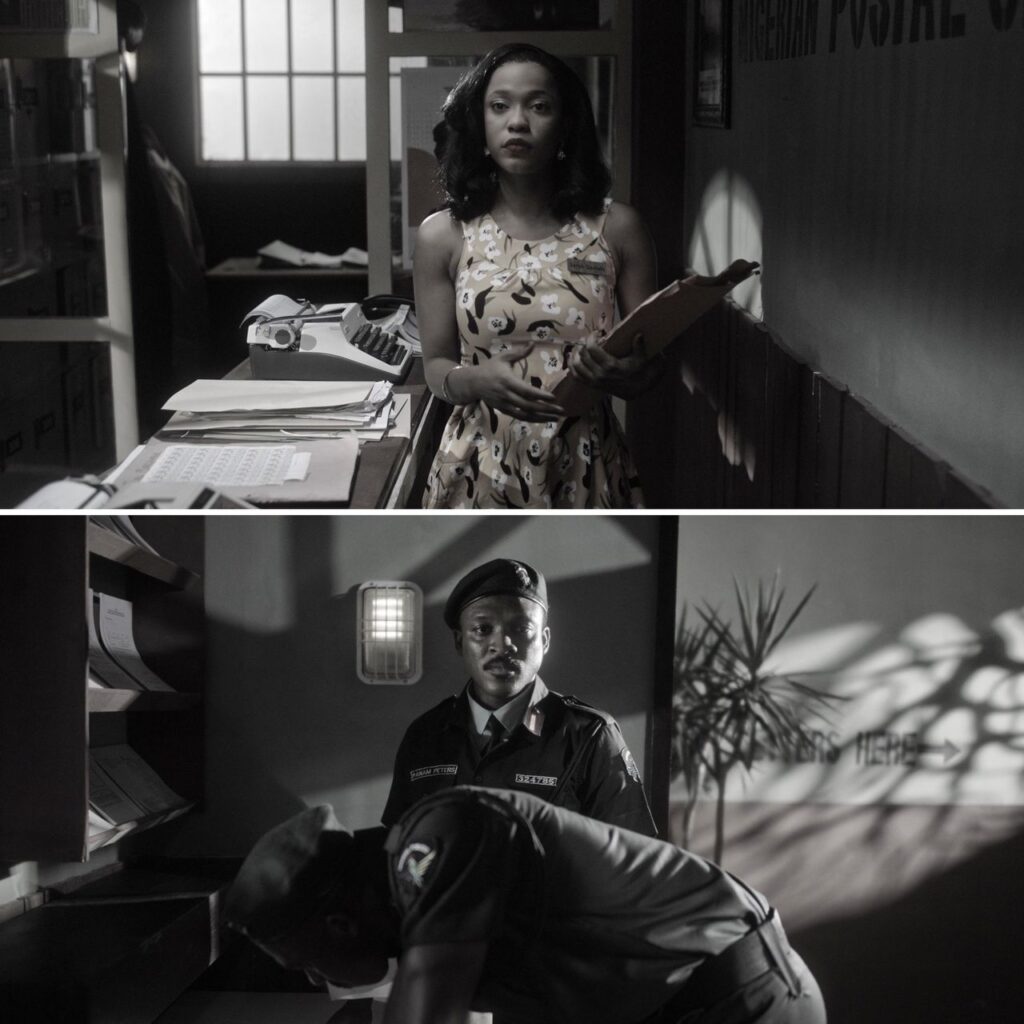
When the audience is drawn closer to the conflict in Gangs of Lagos, the eponymous “Pana
Tension” plays. It is a repeating tune of heightened anxiety, there is a foreboding sense of danger
as you wait for the last shoe to drop. Ify’s dreams are right next to him but first, he has one
ominous task to complete. It is a quagmire and as he is macheted gruesomely, the musical
arrangement, “Ejekajo” is heard. It is the end. “Ejekajo” is remarkably minimal but effective,
through it the audience is overwhelmed with the full impact of grief and horror.
In Jagun Jagun, the soundtrack is rightfully reminiscent of traditional Yoruba music integrating
rhythmic percussions, praise poetry “Oriki” and evocative chants. After displaying an act of
kindness towards punished soldiers, Wehinwo is burnt to death. His lifeless body is brought back
to his village for mourning and as Ajitoni, his betrothed walks wailing into the scene, the starting
notes of the track “Okete” play. Much like most of the other compositions in the movie
soundtrack, “Okete” takes the role of a literary device. Starting with a warning proverbial chant,
it becomes a narration tool. “Okete” portrays the folklore of a bush rat, a symbol for Wehinwo,
embarking on a journey of no return and betraying a covenant. A choir of female Yoruba voices
punctuates this tale in over a combo of a saxophone played by Darex, string instruments and
percussion.
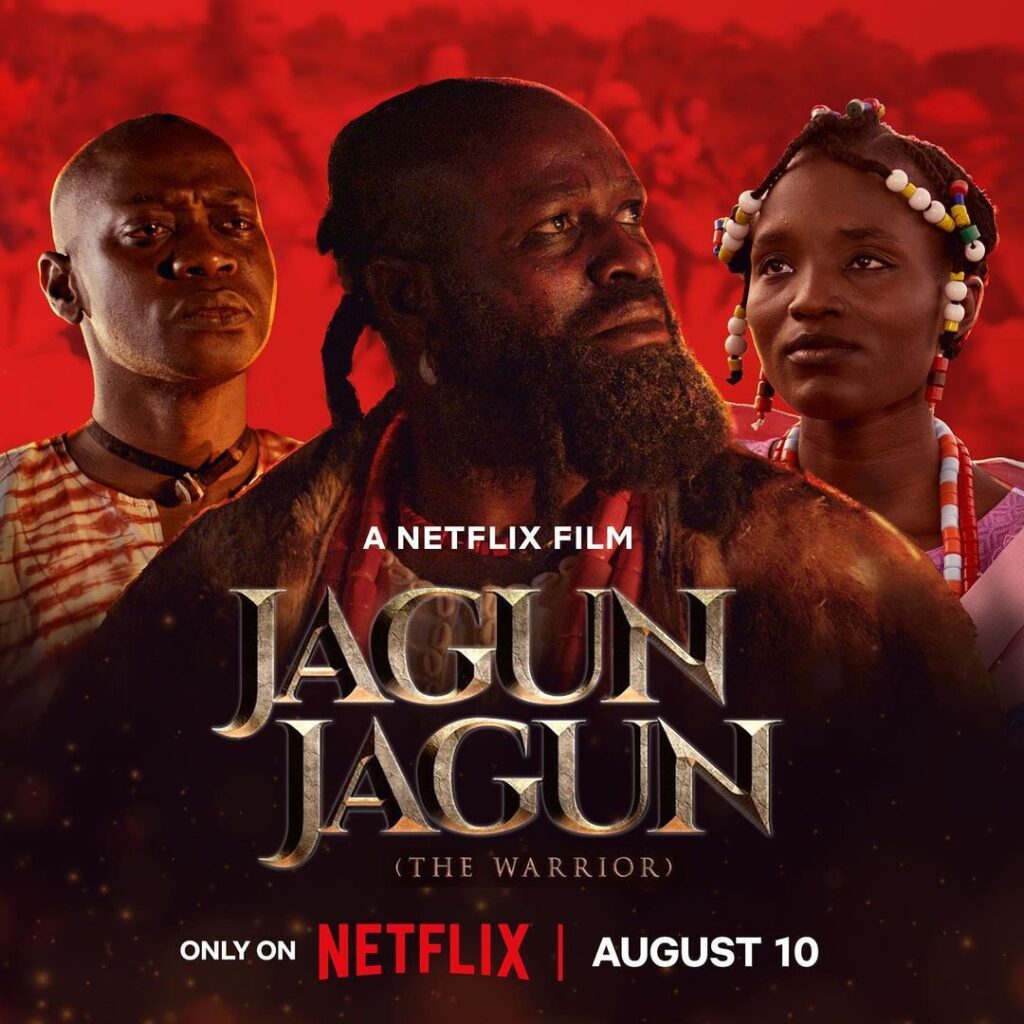
In the world of film, music is a communication tool. It is the literature of the heart, it commences
where speech ends. For the entirety of these movies, the music morphs into an emotional bridge
between the audience and the characters. Each meticulously crafted soundtrack perfectly projects the elements of drama in these stories. What the audience gets is a surreal audiovisual experience.
This experience is enhanced by the distribution of these original soundtracks on music streaming
platforms, spearheaded by companies like Spring Sound Music and Anthill Studios. Soundtrack
distribution unlocks a door to a vast number of opportunities, from licensing, royalties,
and promotion to availability and access.
From Afrobeats to Nollywood to Nigerian literature and art, the Nigerian entertainment industry
is constantly reaching new heights. Nollywood is the second most prolific film industry in the
world, generating an annual revenue of 600 million dollars. In the recent decade, the industry has
received international acclaim and, most importantly, funding, with license agreements and
partnerships with global streaming services such as Amazon Prime Video and Netflix. However,
the best is yet to come. There is hope for seamless collaboration of the commercial music
industry (Afrobeats) and Nollywood; a merging of the two worlds to create an atmosphere of
sonically cinematic excellence. A harmonious blend of music and film.

